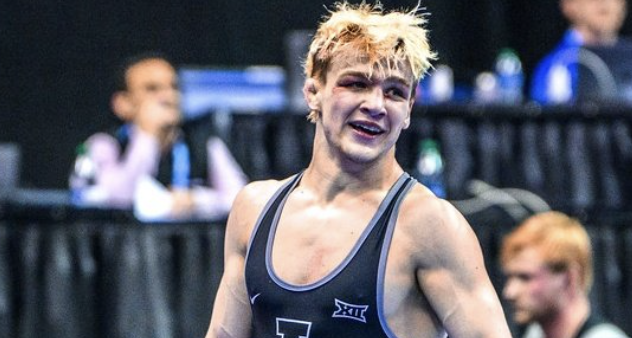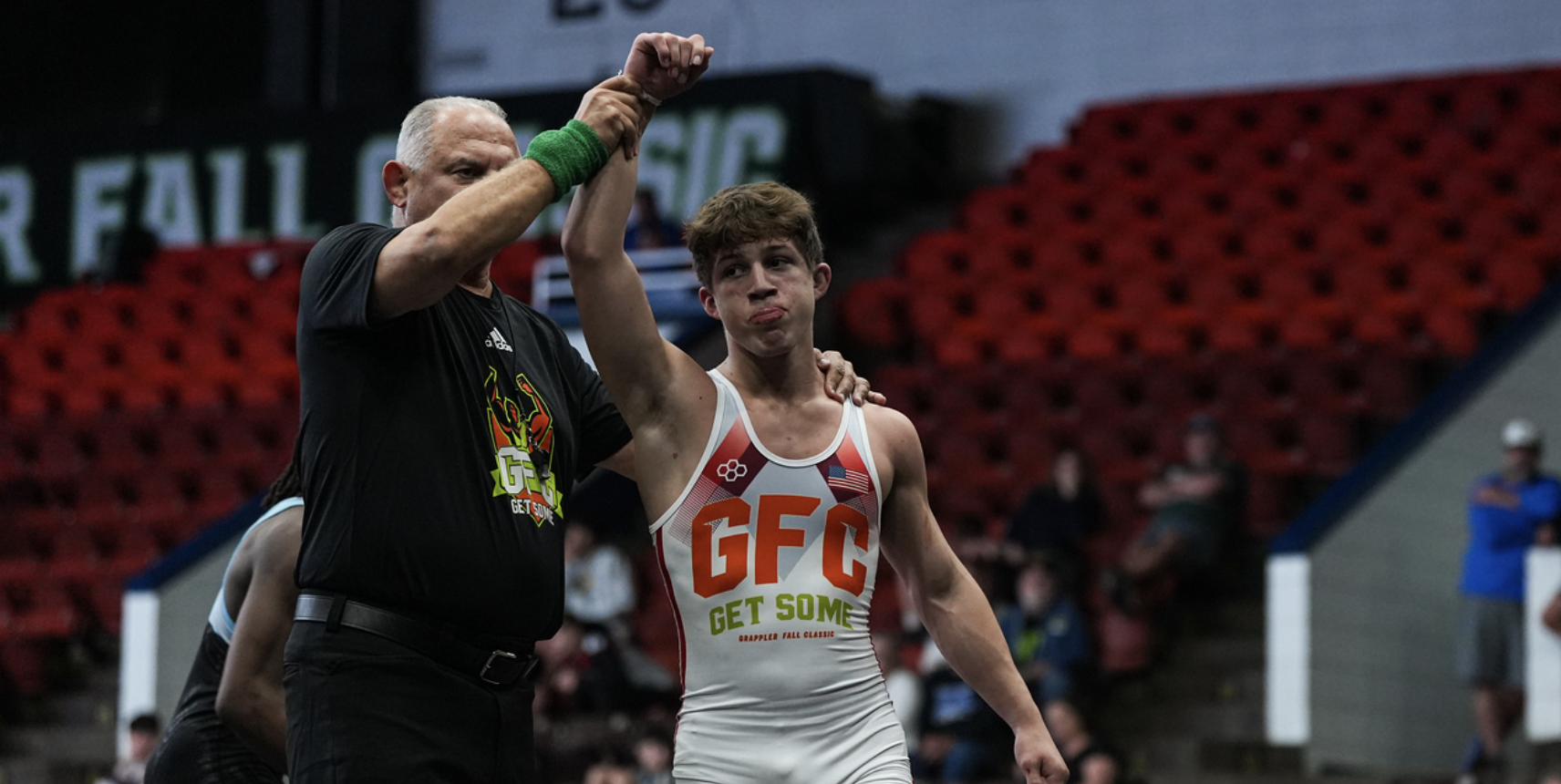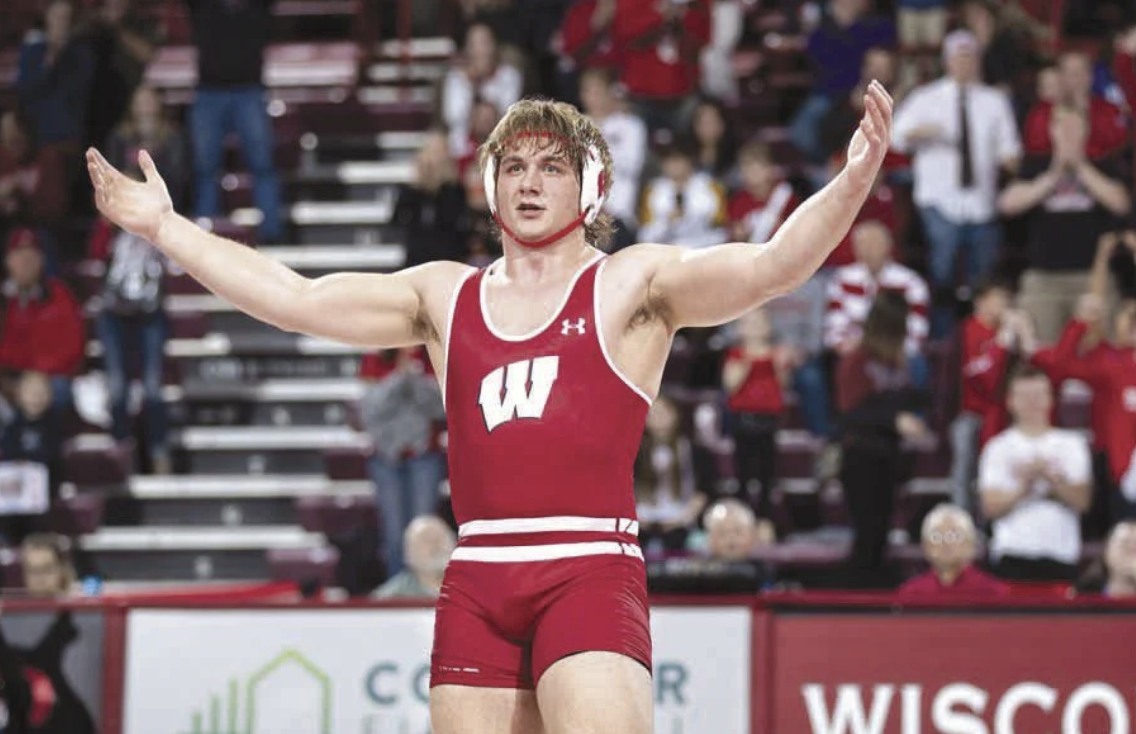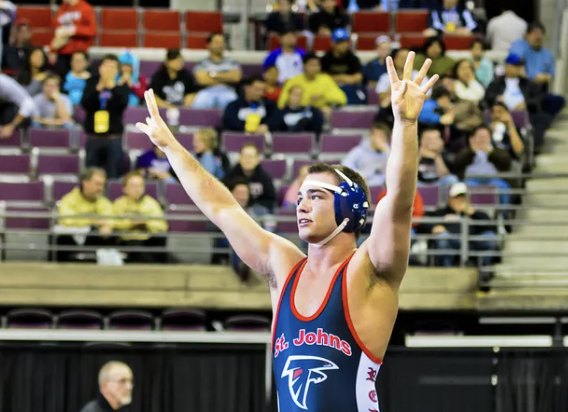Featured Articles
ROBBIE WALLER REMINISCES ONE OF MANY STORIES ABOUT HIS DAD AND GROWING UP
The year was 1991. I was a sixth grader at Norvelt Elementary. Our school was named after Eleanor Roosevelt, who is widely regarded as one of the most esteemed women in our Nation’s history who pioneered the advancement of many controversial issues of her day including race, sexism and World War II refugees. While I would not experience these social injustices while attending the school named in her honor, I would find my own injustice just the same.
Once a year, during the spring our school district would compete in the “Olympiad” held to see which elementary school ruled overall athletic prowess within the district. It was held at the high school stadium and one of the featured events was the 6th grade 100 yard dash.
To win this event meant everything to a twelve year-old boy. Each day, as I stepped off the bus, I would run as fast as I could up the steep hill to our house with backpack in tow hoping to gain the extra strength and speed needed to win the upcoming race.

The night before the race, my mother took me to the mall and purchased me a pair of new running shoes, the infamous Nike “Air Pegasus”. With these shoes I could not lose.
During the day, our class would enter each event: the obstacle course, sack races, and tug-o-war but the finale would be the 6th grade 100 yard dash. Every student from every district elementary school watched from the stands. My mother and sisters were among them. I removed my Air Pegasus from their box and tied them on nice and tight. Now I was ready.
All of the fastest 6th graders stepped on to the track and took their place in the starting lanes. One of the physical education teachers would sound the starting gun while the other PE teachers waited at the finish line to declare the winner. I should now mention that one of the teachers at the finish line was my father.
BOOM! The starting gun fired and off we went. As we raced down the track, the pack began to separate and it soon became a two man race. I was in it. As my speedy sixth grade nemesis and I approached the finish line, we were neck and neck.
The finish line ribbon was in sight. As we closed in I leaned forward and touched the ribbon. Not only did I hit the ribbon first, I leaned forward so hard that I did a complete forward roll and came up with the ribbon around my chest. The evidence was clear. I had won the race.
I jumped up and looked back at the crowd of teachers to receive my glory. My father and the other teachers huddled together. My father turned toward the track, pointed and proclaimed in his loud scratchy voice, “WINNER!”
But he wasn’t pointing at me. Tears began to well up and I began to sob as I walked onto the infield where I sat dejected and alone. How could I have lost? I leaned first! I had the ribbon! I was his son! I was devastated. I removed my now not-so-surefire shoes and walked back to the school bus, still crying and in disbelief.
When I returned home, my father was not far behind. He didn’t say a word to me and I was in no mood to talk with him either. As the days passed, I soon forgot the my defeat and the injustice of the race as most twelve year-old boys would. Consumed by wrestling, soccer and swimming, it was on to the next race or game played.
But what I wouldn’t soon forget was the pain and feelings associated with losing something that I had worked so hard for. As I pursued my future goals, it would be a frequent reminder as to the deep and gut-wrenching feeling of failure. Over time, I found that by out-working and out-smarting my opponents, I could more definitively arrange a favorable outcome.
Years later, I would ask my father about the race. My father simply answered, “It’s no big deal. I knew it would make you work harder.”
Granted this was a gamble of a coaching technique. But it worked. I lost the race but would learn a valuable lesson of how to respond to defeat and setbacks. In the end, I would go on to win, and sometimes lose much greater competitions on much bigger stages.
No other experience resembles real life more than athletic competition. Especially in individual sports like wrestling. Sometimes as an athlete, you can get caught up in the wins and losses. And when things don’t go your way it can cause tension or resentment between you and those closest to you.
As an athlete, you must stay focused on what you can control. You have to trust the people who care about you and have your best interest in mind. That does not always mean you will agree with their decisions or actions.
As coaches and parents, we need to teach our athletes and children how to respond to winning as well as losing and adversity. I believe the key is to be truthful and upfront about their performance, work ethic and attitude. Just as in life, competition and the sporting arena are not always fair. That is reality. The earlier they learn this lesson, the better off they will be. Nothing mirrors the physical and emotional roller coaster of real life more than athletics.
I’ll never forget the sixth grade 100 yard dash. But I won’t ever forget my first Junior Olympic, PIAA, Junior National Freestyle or NCAA National Championship either.
I guess the lesson learned is sometimes you have to lose a battle to win a war. I think Eleanor Roosevelt would have agreed.
Subscribe to unlock premium content
Become a Grappler Gold member and get access to premium Grappler articles and videos. Now only $12.99/month!
D2 Underclassmen Section Rankings
.jpg)
Updated Pound-For-Pound Top 25
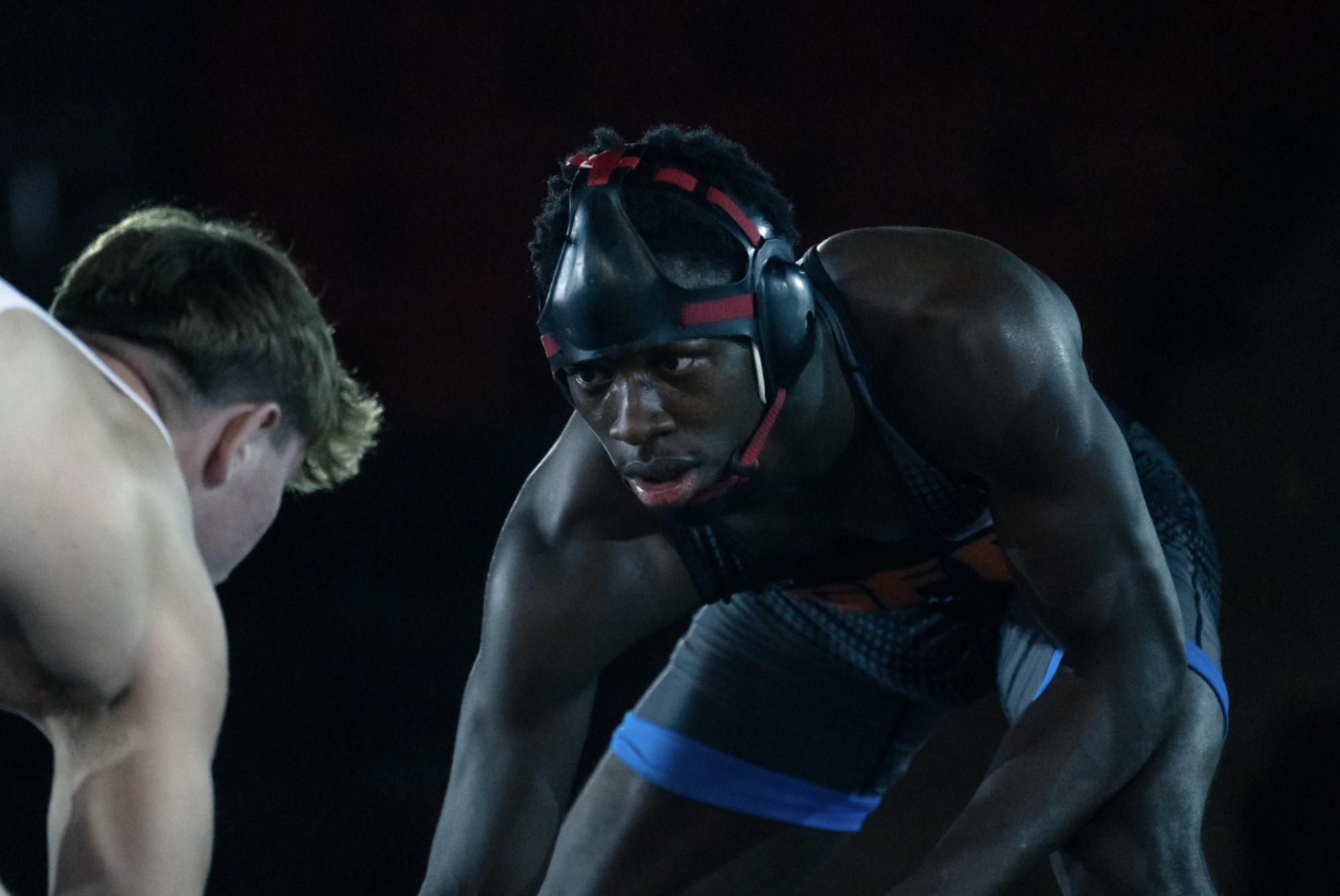
D1 Underclassmen Section Rankings

D2 Underclassmen Section Rankings
.jpg)
Updated Pound-For-Pound Top 25

D2 Underclassmen Section Rankings
.jpg)







.jpg)
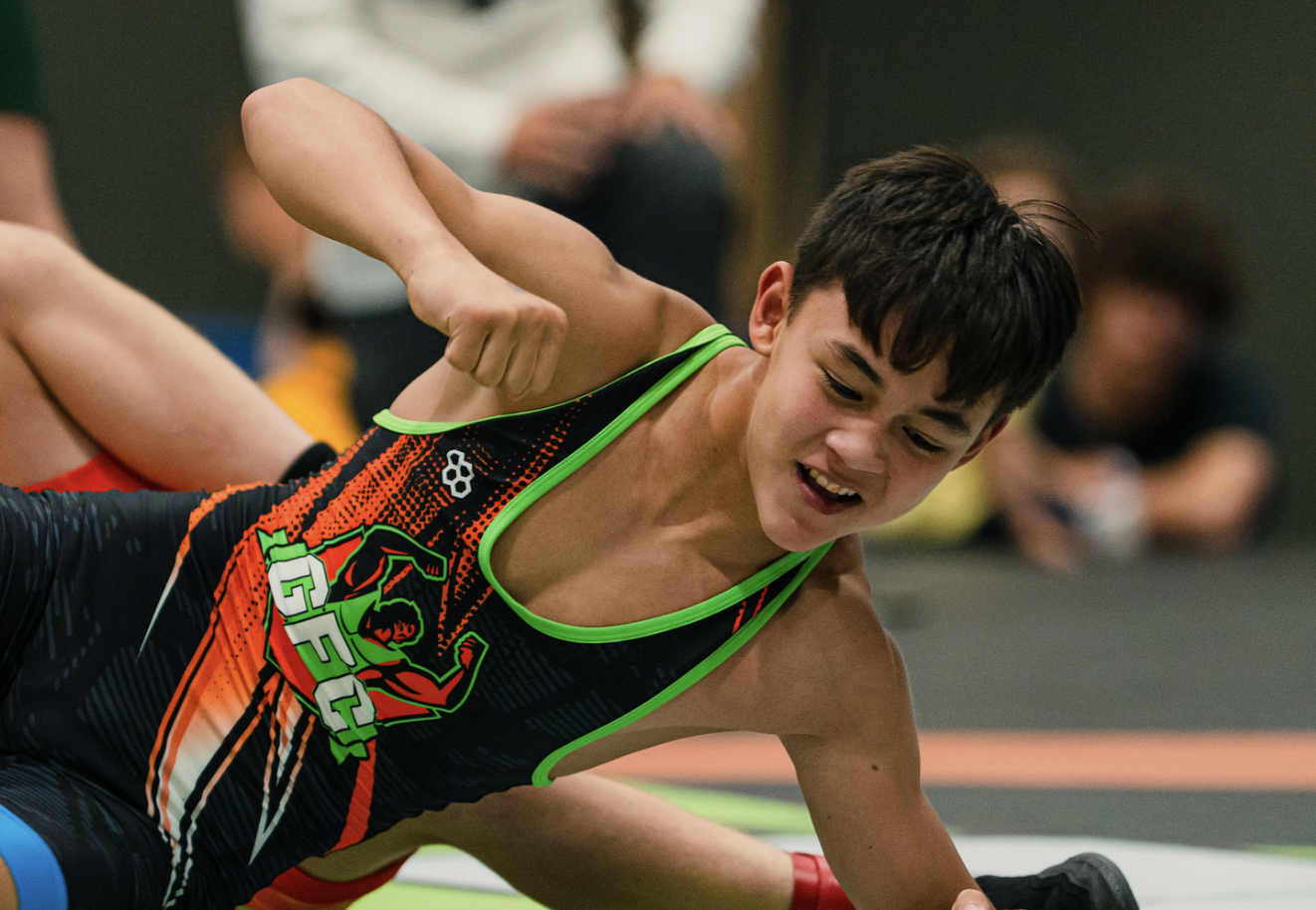
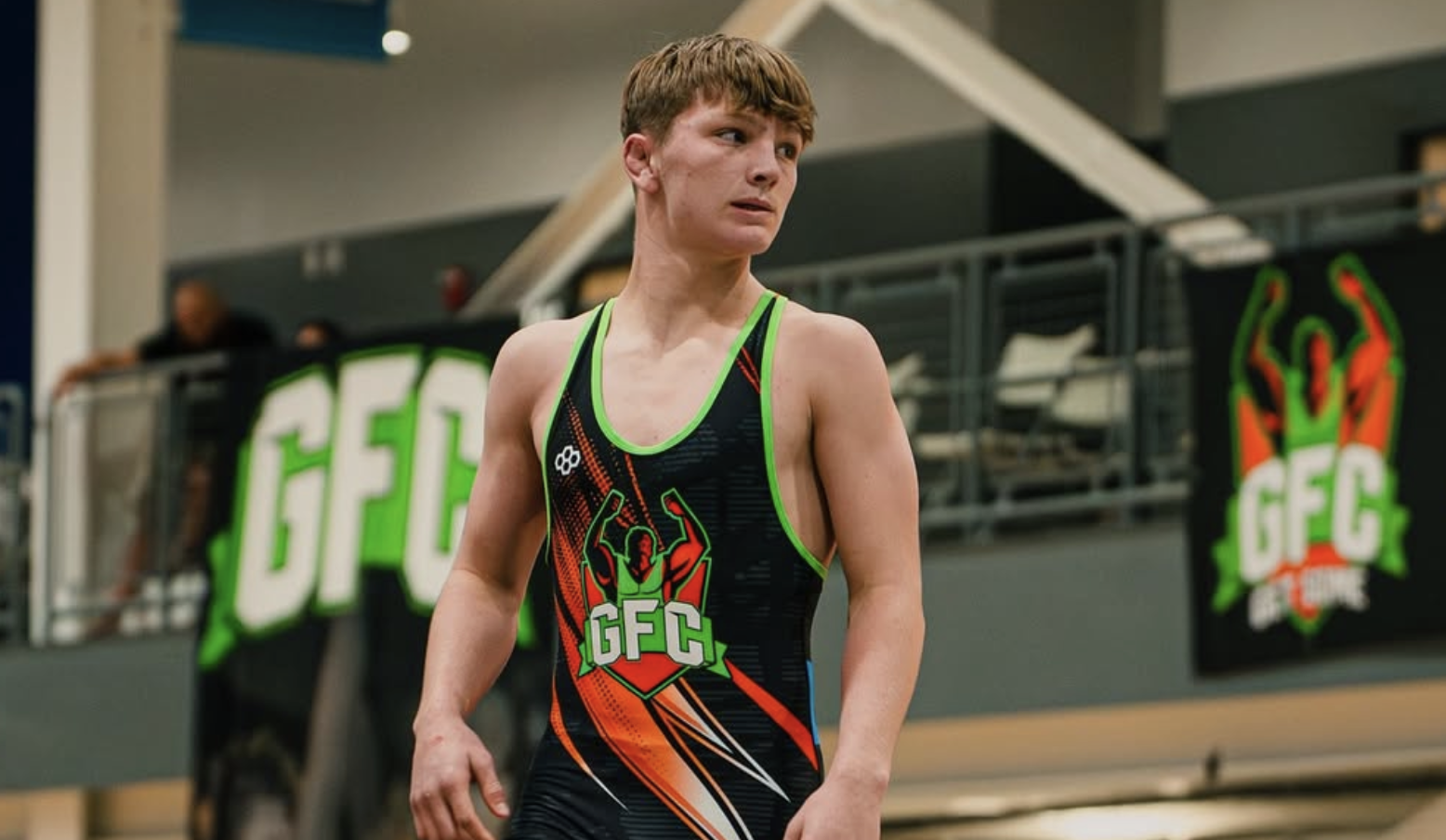

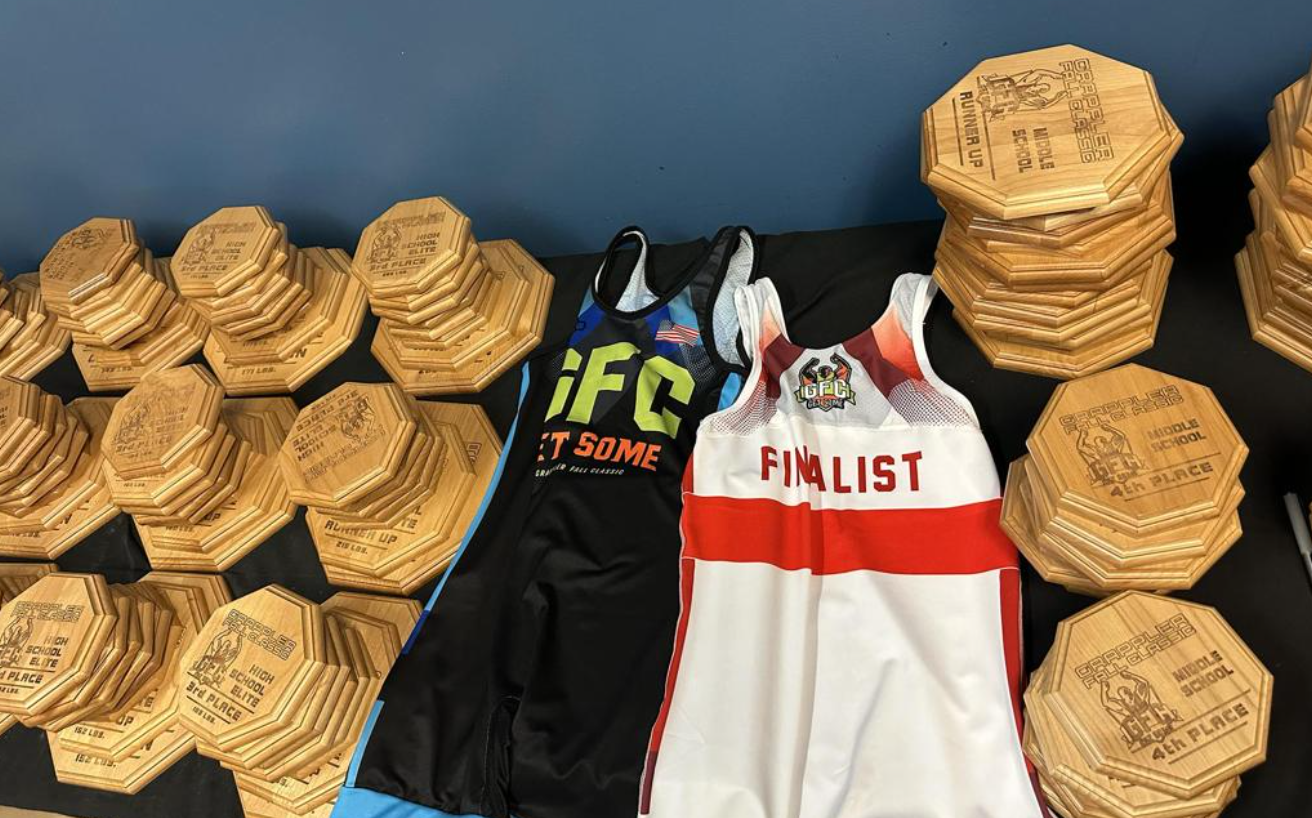
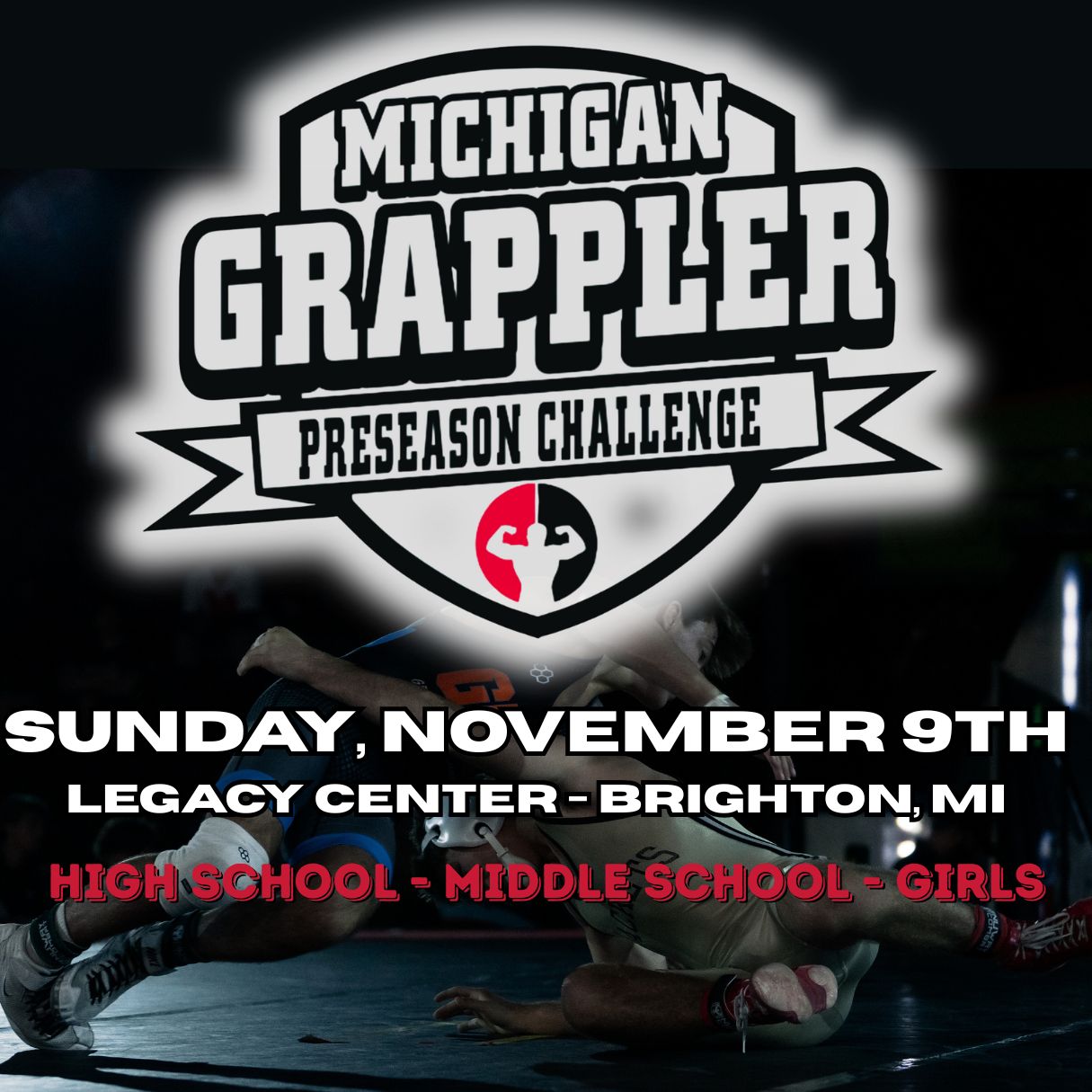


.jpg)
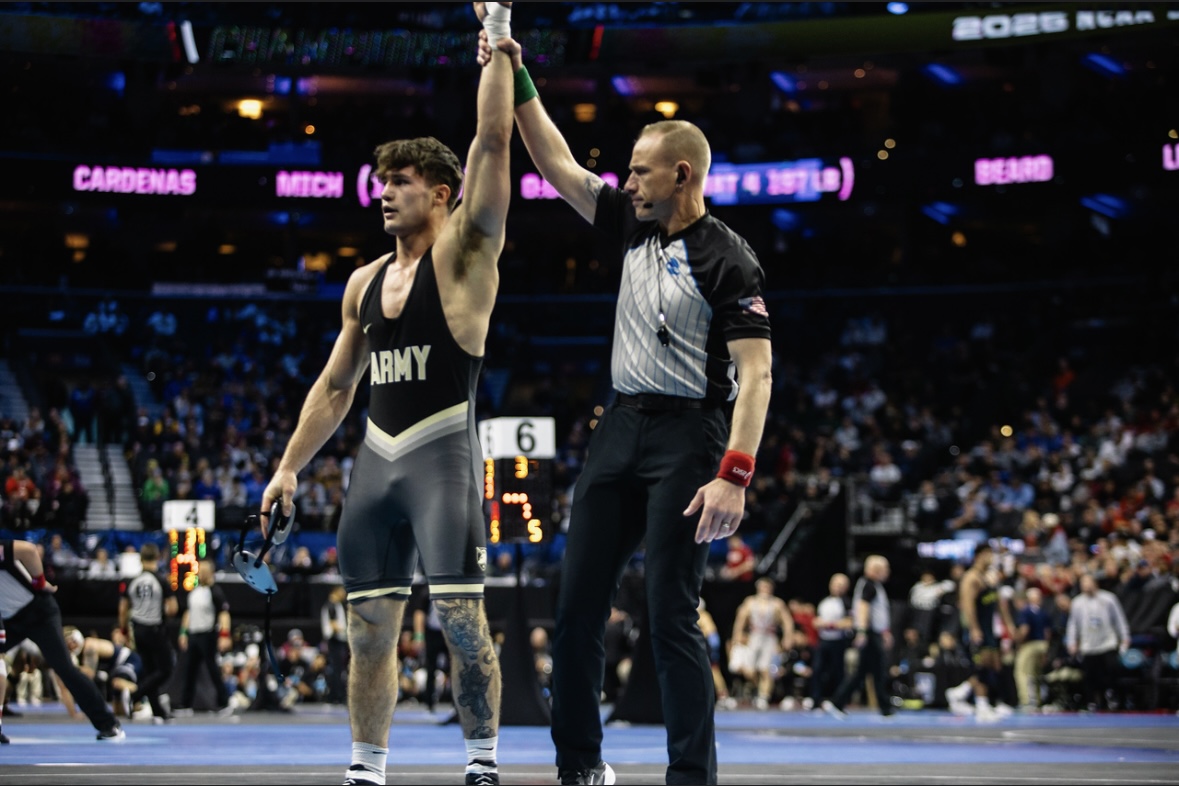
.jpeg)
